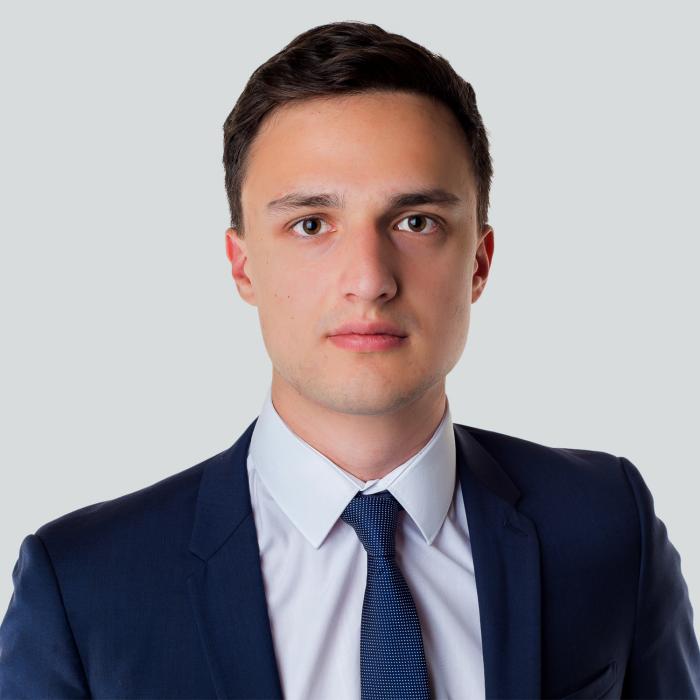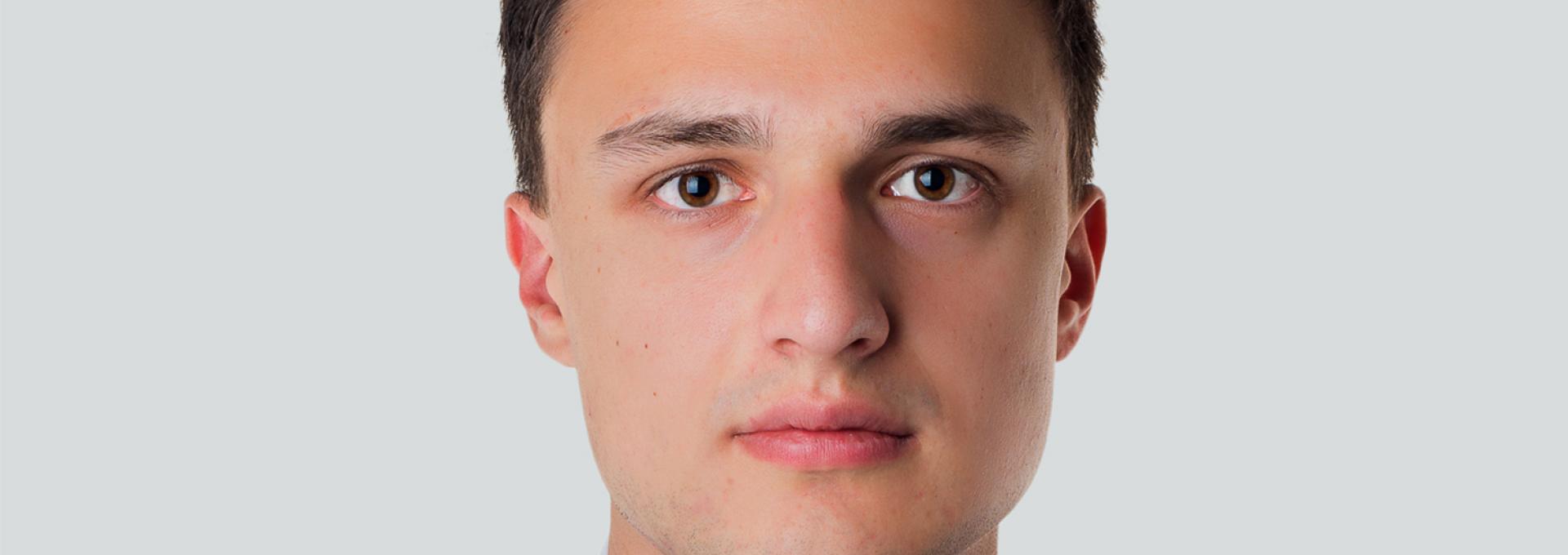
Dmitry is from Russia but he mainly grew up in United Kingdom. He earned a dual Bachelor between Sciences Po Paris and University College London (UCL). He graduated in 2019 in the Economics, Data Analytics and Corporate Finance Master’s program at École Polytechnique. Let’s discover the many aspects of the program with him!
Why did you decide to apply for a Master’s program at École Polytechnique?
When I was at Sciences Po Paris, I heard a lot of École Polytechnique as the top engineering school in France so I was aware of its great reputation. Moreover, as I had always enjoyed my time in France, I was open to the possibility of going back there to pursue my studies.
With regard to the Master’s program, I was looking for something with both real-life and an academic application. During my research, I found the Economics, Data Analytics and Corporate Finance Master’s program at École Polytechnique which had both of those attributes, so I decided to apply!
In your opinion, what are the main benefits of the Economics, Data Analytics and Corporate Finance Master?
I feel there are several assets about this Master’s program:
- The academic excellence: students benefit from the high quality of the teachers and the great speakers that they invite.
- The reputation of the school.
- The connection the program has with the professional world: companies from different sectors such as finance and consulting, come to give presentations.
- The great campus life: various types of activities, sports, amazing coaches, and the great relations with the other students in different programs.
What do you think of the program structure? What about companies’ visits?
The program is a perfect mix between mandatory and elective courses. It was great to have mandatory courses from the 1st year in order to have everyone on track, and at the same level, since the students come from different backgrounds such as in economics, engineering or mathematics. We also had a kind of intellectual freedom as we were able to pursue our own tracks and interests by selecting our elective courses.
Regarding companies’ visits, they were always willing to come to l’X whether it was for the Forum de l’X or to give a presentation and have a networking reception afterwards. For example, during my 1st year internship, I invited one of my managing directors. He gave a presentation that the students enjoyed a lot. The interaction with the corporate world is a great aspect in the program.
Did you have any favourite subject?
From a general point of view, I really enjoyed the fact that teachers had both a theoretical background and the ability to translate the different theorems we learnt into real-life scenarios. For example, our teacher in the Econometrics of competition course had a background in academia and created his own consulting company. He started all the lectures by giving us a concept in economics and showed us how he applied it in a real-life situation. It could be in a merger and acquisition, or in a bidding process with telecom companies competing for a new deal or in finding a different way to implement discounts at retail stores, for example.
Where did you do your internships? How did you find them?
During my 1st year, I did my internship at an investment bank in France called Lazard, in the merger and acquisition division. I wanted a challenging experience, tough in terms of expectations and where I could apply what I learnt to real-life scenarios. I enjoyed it a lot. I found it thanks to École Polytechnique: Lazard was present at Forum de l’X and I had the opportunity to give my CV to the HR representative. They called me back later for a set of interviews.
The internship I did during my 2nd year was at an investment bank in France called Rothschild. I was more focused on advising governments on questions regarding debt, whether it is restructuring fund raising, capital market access, etc. I was really able to be proactive. I found it through my connections that I’d developed during my previous internship. I was indeed able to reach out two persons working in the division that I was interested in at Rothschild.
Any advice for future candidates regarding the application?
With regard to the oral interview, you need to be able to pitch yourself clearly in terms of what you did in the past, how does that fit with the program, as well as have a clear idea of what you expect from the Master’s program. And be ready for various brain teasers or quantitative-based questions in economics!
